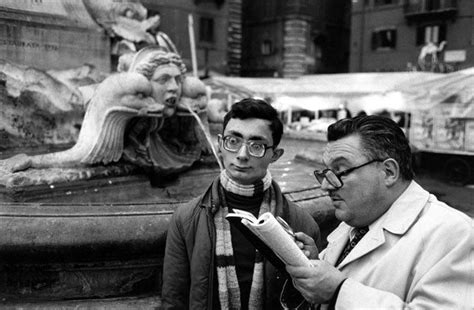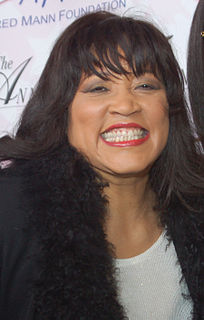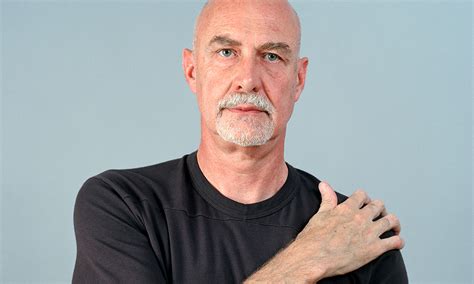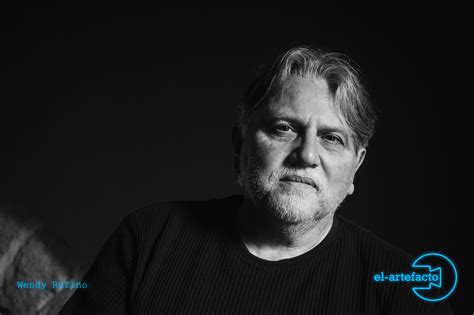A Quote by Richard Kalvar
I capture reality, never pose it. But once captured, is it still reality? I've always tried to play with the false impression of reality, with the ambiguity of appearances. Things are what they seem to be, or maybe something else. I use people as unconscous actors in little dramas they don't know they're in. These pictures are about Earthlings, but I'll let you in on a secret: I'm an Earthling myself.
Related Quotes
I'm absolutely convinced that this is a world of appearances, not reality. There's one reality and that's Light and Love. When some say, we create our own reality, I always demur and say, "Please, would you mind adjusting that a little bit? We create our own appearances." We become master of appearances and as we change our thought, we will see the appearances around us change. That gives us this huge sense of dominion and power and control over our world.
Most loverspicture to themselves, in their mistresses, a secret reality, beyond and different from what they see every day. They are in love with somebody else--their own invention. And sometimes there is a secret reality; and sometimes reality and appearance are the same. The discovery, in either case, is likely to cause a shock.
Buddha was speaking about reality. Reality may be one, in its deepest essence, but Buddha also stated that all propositions about reality are only contingent. Reality is devoid of any intrinsic identity that can be captured by any one single proposition - that is what Buddha meant by "voidness." Therefore, Buddhism strongly discourages blind faith and fanaticism.
So this is reality, this forgiveness, this reconciliation, is true for everybody. Paul insisted that when Jesus died on the cross, he was reconciling "all things, in heaven and on earth, to God." All things, everywhere. ...This reality then isn't something we make come true about ourselves by doing something. It is already true. Our choice is to live in this new reality or cling to a reality of our own making.
Reality shows are for reality stars. Celebrities do, maybe, Dancing With The Stars, maybe they might do Celebrity Wife Swap, but dealing with strangers, with people you don't know, in a real situation? People say it's fake, it's based on what they tell other people to do but won't tell you, but you still have a gut reaction, you know.
Among all the complaints you hear these days about the crimes of the media, it seems to me the critics miss the big one. It is that especially TV, but also we of the print press, tend to reduce mess and complexity and ambiguity to a simple story line that doesn't reflect reality so much as it distorts it. ... What bothers me about the journalistic tendency to reduce unmanageable reality to self-contained, movielike little dramas is not just that we falsify when we do this. It is also that we really miss the good story.
To an ever greater extent out experience is governed by pictures, pictures in newspapers and magazines, on television and in the cinema. Next to these pictures firsthand experience begins to retreat, to seem more and more trivial. While it once seemed that pictures had the function of interpreting reality, it now seems they have usurped it. It therefore becomes imperative to understand the picture itself, not in order to uncover a lost reality, but to determine how a picture becomes a signifying structure of its own accord.
I've come to realize that I'm a image maker, not an object maker. Images come to me as photographs because I don't have any other way of express them. I have to translate everything into still or moving pictures. I've learned that reality is not important to me. In the end it is the representation of reality that I'm striving to capture.
We're all looking from the point of view of our own reality tunnels. And when we begin to realize that we're all looking from the point of view of our own reality tunnels, we find that it is much easier to understand where other people are coming from. All the ones who don't have the same reality tunnel as us do not seem ignorant, or deliberately perverse, or lying, or hypnotized by some mad ideology, they just have a different reality tunnel. And every reality tunnel might tell us something interesting about our world, if we're willing to listen.
People ask me all the time, 'Are you fed up with reality TV?' At the end of the day, it can affect my career in the sense that the more reality shows there are, the less scripted dramas out there, but I can't ever really knock them. I started on 'Popstars,' which was a reality talent show. I have respect for them.

































